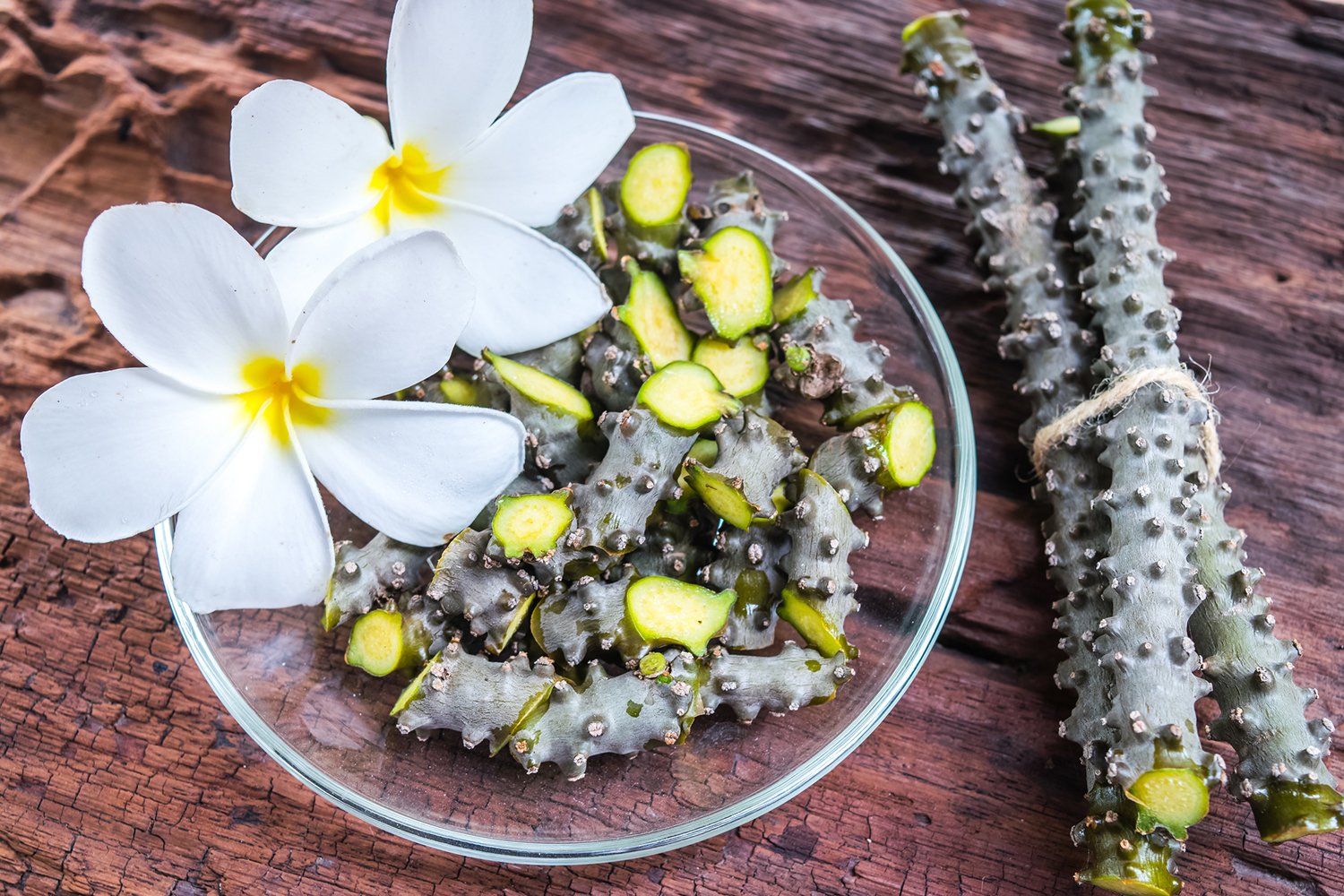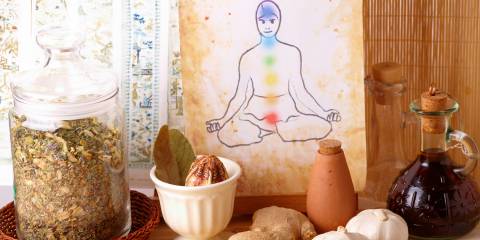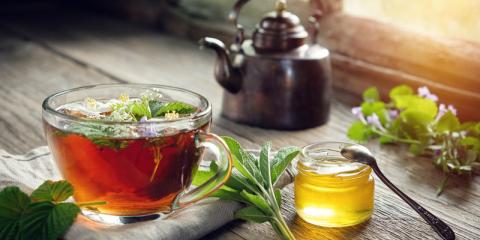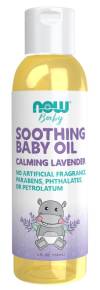The liver creates and stores nutrients, detoxifies blood as it circulates through the body, and breaks down toxic substances before eliminating them.
Traditional Healing for The Liver
India’s Ayurvedic medicine offers a number of traditional herbs to improve liver health. Besides directly helping the body cope with liver problems, including jaundice, hepatitis, and cirrhosis, these herbs help the liver eliminate toxins and microbial infections.
Most of these supplements also improve the immune system’s ability to fight and discard infection via the lymph system. As a result, Ayurvedic liver herbs address seemingly unrelated conditions, such as cold, flu, and herpes viruses.
Improved liver function also takes a load off the skin, which normally functions as a secondary organ of elimination. Many herbalists, I among them, have seen skin problems like acne, psoriasis, and eczema improve with the help of liver herbs. It’s no wonder that these herbs are referred to as “blood purifiers.” Considering the increase in pollutants in our food, water, and air, the liver’s role has gained even more importance in our modern world.
Herbs for Your Liver
Five Traditional Ayurvedic Herbs for The Liver
The following are a few of Ayurvedic medicine’s most popular liver herbs, according to Marc Halpern, DC, founder and director of the California College of Ayurveda in Grass Valley, California. Their long-standing effectiveness as traditional medicines is supported by modern science—mostly preliminary animal studies, so far. A number of these herbs are also used to improve blood and bile flow and to counter indigestion, and some even show promise in fighting cancer.
-
Guduchi (Tinospora cordifolia)
Guduchi promotes regeneration of the liver and protects it from disease. Dr. Halpern calls it “one of the best herbs for the long-term health of the liver. Its tonic properties benefit the entire body, especially the immune system. It is beneficial for people of all constitutional types, making it one of the safest herbs to use.”
This herb is used to strengthen the body’s resistance to infection and its ability to cope with jaundice, digestive upsets, and nervous system problems. The liquid extract is also referred to as Indian quinine, which is considered especially important for fevers related to colds.
-
Amla (Emblica officinalis)
Considered by many practitioners to be a secondary liver herb, the fruit amla, or amalaki (Emblica officinalis), is used to supplement the actions of other herbs. Practitioners most often combine it with two other herbs (Terminalia belerica and Terminalia chebula) to make the popular formula triphala for liver and digestive problems.
Amla is an excellent source of vitamin C, often supplying 20 times more than orange juice! This fruit is tasty when eaten in a medicinal jam called chyavanaprasha. Besides liver ailments, amla is helpful for fever, anemia (in combination with iron), and lung conditions. Traditional lore claims that it even increases longevity.
-
Bhumyamalaki (Phyllanthus niruri)
Bhumyamalaki is a bitter herb that helps protect the liver. Traditionally used to care for liver-related indigestion, hepatitis, and jaundice in children, it is also useful for viral infections. In one study, bhumyamalaki helped resolve infective hepatitis without any side effects.
-
Katula (Picrorhiza kurroa)
Katula rhizome, also known by its Hindi name, katki, is another liver-protective herb that is particularly useful for jaundice, anemia, and toxic exposure. Traditionally, this herb has been recommended for people who have asthma or a fever, or who have been bitten by a snake. This rhizome is both antibacterial and antiviral.
-
Bhringaraj (Eclipta alba)
Bhringaraj has similar properties to the well-known Western liver herb, dandelion (Taraxacum officinale). This Ayurvedic herb not only provides support for liver-related problems, including skin disorders, but also is suggested to improve poor digestion of fatty food and to help with anemia and lymphatic congestion. As a rejuvenating nervine, bhringaraj is traditionally recommended to calm the mind and counter insomnia.
More Familiar Herbs
Some Ayurvedic liver medicines are already familiar to the Western world. These include garlic (Allium sativum), aloe vera (Aloe vera), often combined with the bitter herb gentian (Gentiana species), and barberry (Berberis vulgaris L.), which is often combined with the spice turmeric (Curcuma longa).
Like the previous herbs, they help relieve indigestion and colds. In addition, studies on turmeric and garlic show that they are both powerful antioxidants that help reduce signs of liver injury.
Holistic Liver Support
Traditional Ayurvedic medicine—as well as Chinese medicines—say the liver creates body heat. When the liver becomes overworked, many liver herbs cool this organ so it operates more efficiently. In small amounts, liver herbs that have a bitter taste, including bhumyamalaki, barberry, and especially gentian, tend to be especially cooling, as well as great aids to digestion. In a holistic, mind-body connection, these same herbs are also prized for having the ability to cool “hot” emotions like anger and the irritability associated with high blood pressure.
As Ayurvedic products gain popularity, they are becoming easier to find in natural food stores. However, choosing the best formula can be tricky. For example, cooling, bitter herbs can be too depleting for a person who is very thin or debilitated. In that case, spicy herbs, like turmeric and garlic, may be advisable.
The best way to use Ayurvedic herbs is to seek out a trained Ayurvedic practitioner. He or she will prepare a custom-designed formula, taking into consideration herbal properties along with your own individual constitution, before determining the most appropriate liver herbs for you.





